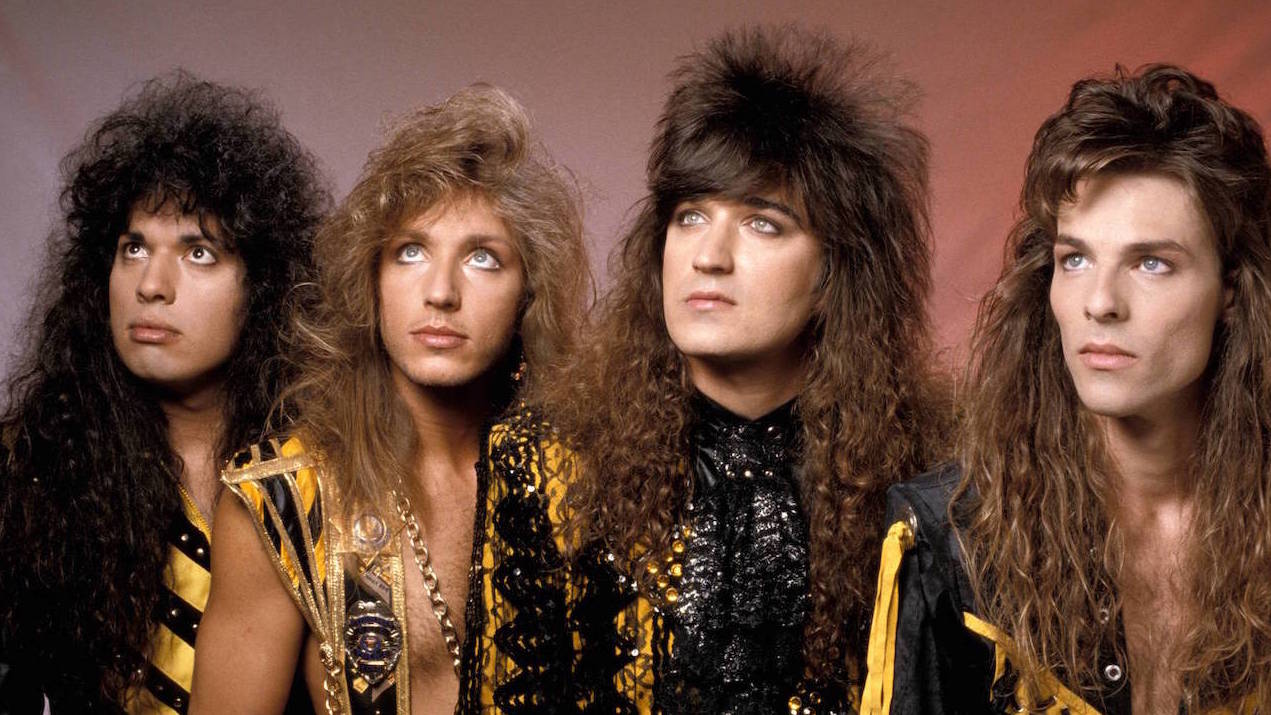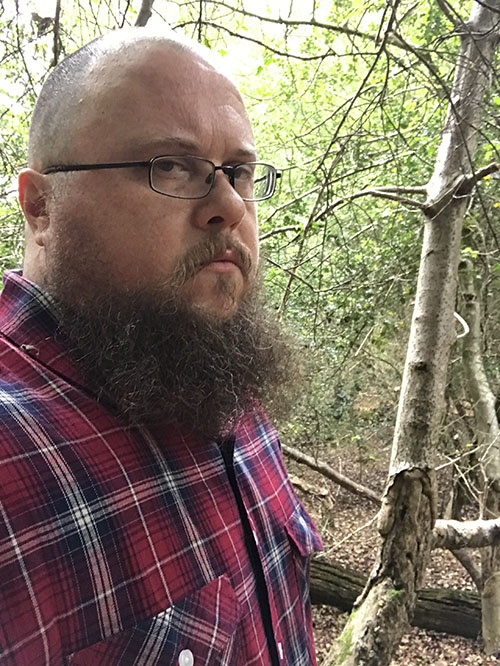“Sing unto Him a new song; play skilfully with a loud noise.”
Psalm 33:3, King James Bible
Metal and Christianity have always had an uneasy relationship. As an amplification of rock’n’roll’s radical rebellious spirit – traditionally connected with the Chief Rebel Angel, Lucifer - the outsider individualism of metal seems diametrically opposed to the organised dogma of Christianity, even to its most benign principles. Metal is a safety valve for releasing and examining the darkest aspects of existence. So if God is love, He’s not very metal.
This goes some way to explaining the general perception of ‘Christian Metal’ as a risible oxymoron, but it’s a perception the scene has done little to dispel. In response to criticism from the conservative American Christian orthodoxy - exemplified by the YouTube video “Is Christian Metal Really Christian?” - Christian Metal’s defence is summed up by metalforjesus.org: “Thru Christian Metal we can talk the metalheads language and have their attention. When we have got their attention they will also be open to the great message of salvation in a way they relate and understands (sic)”.
This idea of Christian Metal as an exercise in evangelical conversion, co-opting secular aesthetics to seduce unwitting youths away from a life of godless sin, is partly why it’s so widely reviled. It’s why Christian Metal seems not just one remove from the wider metal world, but its own parallel universe of diluted mediocrity. It’s why so many avowedly Christian bands are largely content to replicate the sounds and styles of much better, secular artists, replacing dark ambiguities with promotion of a lifestyle and mission that are anathema to the urges that ignite the best metal.
Few resent the concept of Christian Metal more than the best Christian musicians on the receiving end of the tag. Spiritual free-thinkers King’s X often got lumped into the Christian scene; guitarist Ty Tabor identifies himself as Christian, but has no truck with it. “The three of us have always been absolutely horrified with having anything to do with the actual Christian industry,” he told Blabbermouth in 2005. Evanescence and Creed also moved to repudiate early links to the Christian circuit.
It’s a more complex story for surely the greatest metal band steeped in Christian influence: Trouble. The Chicago doom lords’ singer Eric Wagner resented the ‘white metal’ tag bestowed on them by their label, Metal Blade, but largely, it seems, due to the prejudice of unbelievers. “Once you’re labelled something, some people may not give the music the chance it deserves because of that label,” Wagner said to Metal Assault in 2013. “I wasn’t out to save anybody, I was just exploring my life.”
Eric’s perspective highlights the inverted snobbery against Christian metal among secular headbangers, which might explain why the only subgenre that has produced multiple Christian scene leaders is equally scorned by elitists: metalcore. As I Lay Dying, The Devil Wears Prada, Underoath, August Burns Red, Norma Jean, Haste The Day and Memphis May Fire have all crossed over into metal’s mainstream in a way that only really 80s Christian Rock band Stryper attained in previous decades.
Christian Metal isn’t a sound. Every metallic subgenre has its Christian representatives, from the 80s glam of Stryper, Holy Soldier and Bloodgood to the audacious ‘unblack metal’ of Horde, Antestor and Crimson Moonlight. But as Trouble, Place Of Skulls and The Gates Of Slumber attest, it’s arguably doom metal where the Biblical impulse makes most sense, perhaps because of the crosses worn by Black Sabbath and the perspectives embraced in the After Forever lyrics.
But perhaps the best new band with a Christian outlook is Lancastrian medieval metalheads Wytch Hazel. “I play in a heavy metal band and I write songs about God - it’s actually quite a rebellious thing!” frontman Colin Hendra told Metal Squadron, bringing us back to rock’n’roll’s outlaw spirit. “I don’t like the idea of being a Christian band but I can sort of see, when I write the lyrics I do, and express the views I do, why people would thing we are. It’s all a bit complicated really.”

